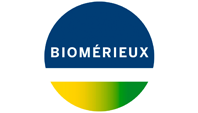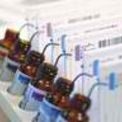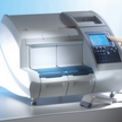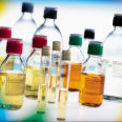bioMérieux has signed an agreement with GlaxoSmithKline to develop a predictive test to help clinicians select the most appropriate treatment for different segments of breast cancer patients. This test, based on emerging biomarkers, will be intended for use in both adjuvant and metastatic breast cancer settings, subject to regulatory approvals. Over 500,000 new cases of breast cancer are diagnosed each year in the US and Europe alone and predictive tests have been shown to improve outcomes for these patients.
New A(H1N1) Strain Added to bioMérieux’s Molecular Diagnostic Test NucliSENS EasyQ® Influenza A/B
A world leader in the field of in vitro diagnostics, bioMérieux has adapted its molecular NucliSENS EasyQ® Influenza A/B test to include the new A(H1N1) strain.
bioMérieux Launches a Molecular Diagnostic MRSA Test on its EasyQ® Automated Platform
Methicillin Resistant Staphylococcus aureus (MRSA) is the most prevalent multi-drug resistant bacteria and a growing threat to health. bioMérieux, a world leader in the field of in vitro diagnostics, today launched NucliSENS EasyQ® MRSA, a new automated test for Methicillin Resistant Staphylococcus aureus (MRSA), one of the leading causes of healthcare-associated infections. NucliSENS EasyQ MRSA is CE marked and bioMérieux will be submitting for 510(k) approval with the U.S. Food and Drug Administration in the first half of 2010.
2nd World HAI Forum: Experts Discuss Looming Threats to Patient Safety
Newly evolved enzymes make some bacteria resistant to all common antibiotics Healthcare workers slow to receive flu vaccines Countries not doing enough to combat “superbugs” About 7 million Healthcare-Associated Infections (HAIs) in the U.S. and Europe each yearAccording to a meeting of over 60 infectious disease experts, the global medical community must act on three imminent threats to patients across the world. First threat: common bacteria, such as Escherichia coli (E. coli) are now producing enzymes which make the bacteria capable of de-activating all but the antibiotics that specialists reserve as a last line of defense. Second threat: healthcare workers themselves may be contributing to the spread of infections by failing to get flu vaccinations and, in some countries, coming to work when they are ill rather than taking sick days. Third threat: Health ministries are failing to adopt proven health policies that could limit the spread of infections in hospitals and other healthcare establishments.






